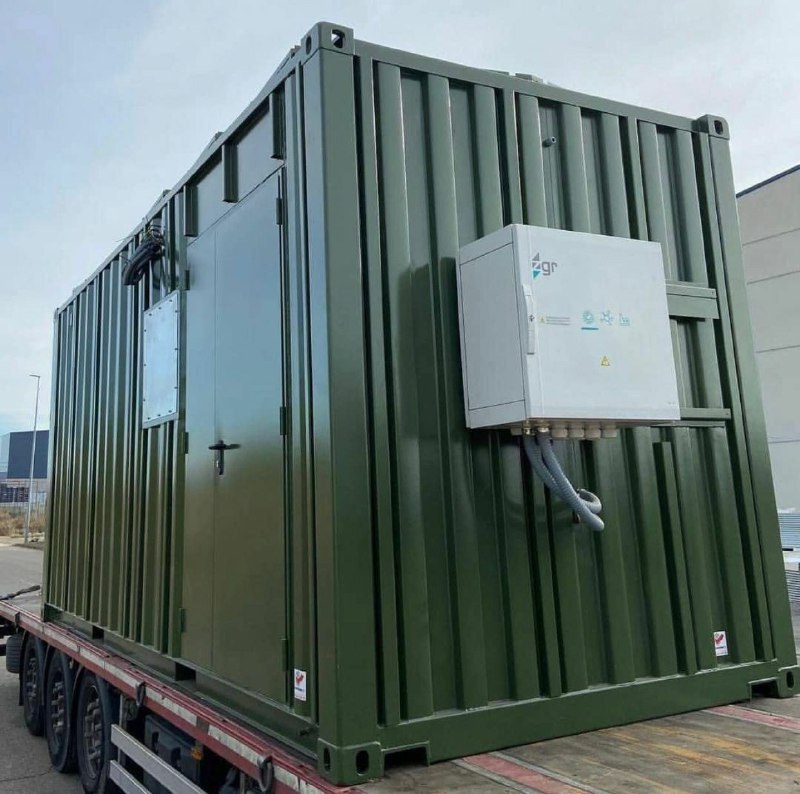Uncategorized
Small shipping containers




Small shipping containers, also known as mini shipping containers or compact containers, are smaller-sized containers are design for various transportation and storage purposes. Here’s a meta description for small shipping containers:
“Discover the versatility of small shipping containers for your transportation and storage needs. These compact containers provide a convenient and flexible solution, whether you’re shipping goods or seeking secure on-site storage. With sizes typically ranging from 10 to 20 feet, small shipping containers offer a space-saving option without compromising durability. Explore their uses in various industries, such as retail, construction, or personal storage. Find the perfect small shipping container to meet your requirements and streamline your logistical operations. Start maximizing efficiency with compact container solutions today.”
Certainly! Here’s some additional information about small shipping container
Sizes and Dimensions:
- Small shipping containers come in various sizes, typically ranging from 10 to 20 feet in length.
- The most common small shipping container sizes include 10 feet (10′ x 8′ x 8.6′), 15 feet (15′ x 8′ x 8.6′), and 20 feet (20′ x 8′ x 8.6′).
- These smaller sizes make them suitable for transportation and storage in areas with limited space or when smaller volumes of goods need to be shipped or stored.
- Transportation and Portability:
- Small shipping container are easily transportable, making them suitable for various shipping and logistical needs.
- They can be transported by truck, train, or ship, offering flexibility in terms of transportation modes and routes.
- The compact size of these containers allows for easier handling and maneuvering in tight spaces or locations with limited access.
- Storage Solutions:
- Small shipping containers are popular for on-site storage needs, serving as secure and weather-resistant storage units.
- Versatility and Customization:
- Despite their smaller size, small shipping containers can be modified and customized to meet specific requirements.
- Modifications may include adding doors, windows, ventilation systems, insulation, electrical installations, or security features.
- Customization options allow these containers can adapt for different purposes such as offices, pop-up shops, portable restrooms, or equipment enclosures.
Durability and Security:
- Small shipping container are builtwith durable materials, typically steel, ensuring strength and longevity.
- They offer security for stored goods, with sturdy doors and lock mechanisms to prevent unauthorized access.
- These containers are also weather-resistant, protecting the contents from the elements and providing a reliable storage solution.
When considering small shipping containers, it’s important to evaluate your specific needs and determine the size and features required. Working with reputable container suppliers or modification companies can help you find the right container and explore customization options to meet your unique requirements.
Small shipping containers provide a practical and space-efficient solution for shipping and storage needs across various industries, offering durability, portability, and customization possibilities.
The prices of small shipping containers can vary depending on several factors such as size, condition, location, and market demand. Here are some approximate price ranges for small shipping containers based on my knowledge up until September 2021:
- New Small Shipping Container:
- 10-foot Container: $2,000 to $4,000
- 15-foot Container: $2,500 to $4,500
- 20-foot Container: $3,000 to $6,000
- 10-foot Container: $1,500 to $3,000
- 15-foot Container: $2,000 to $4,000
- 20-foot Container: $2,500 to $5,000
It’s important to note that these prices are approximate and can vary based on factors such as the condition of the container, location, and any additional features or modifications. Additionally, costs associated with shipping, delivery, and additional services would be additional expenses to consider.
To get accurate and up-to-date pricing, we recommend to contact local suppliers, container dealers, or shipping companies for specific quotes based on your requirements and location. They can provide you with more precise pricing information based on the current market conditions.

